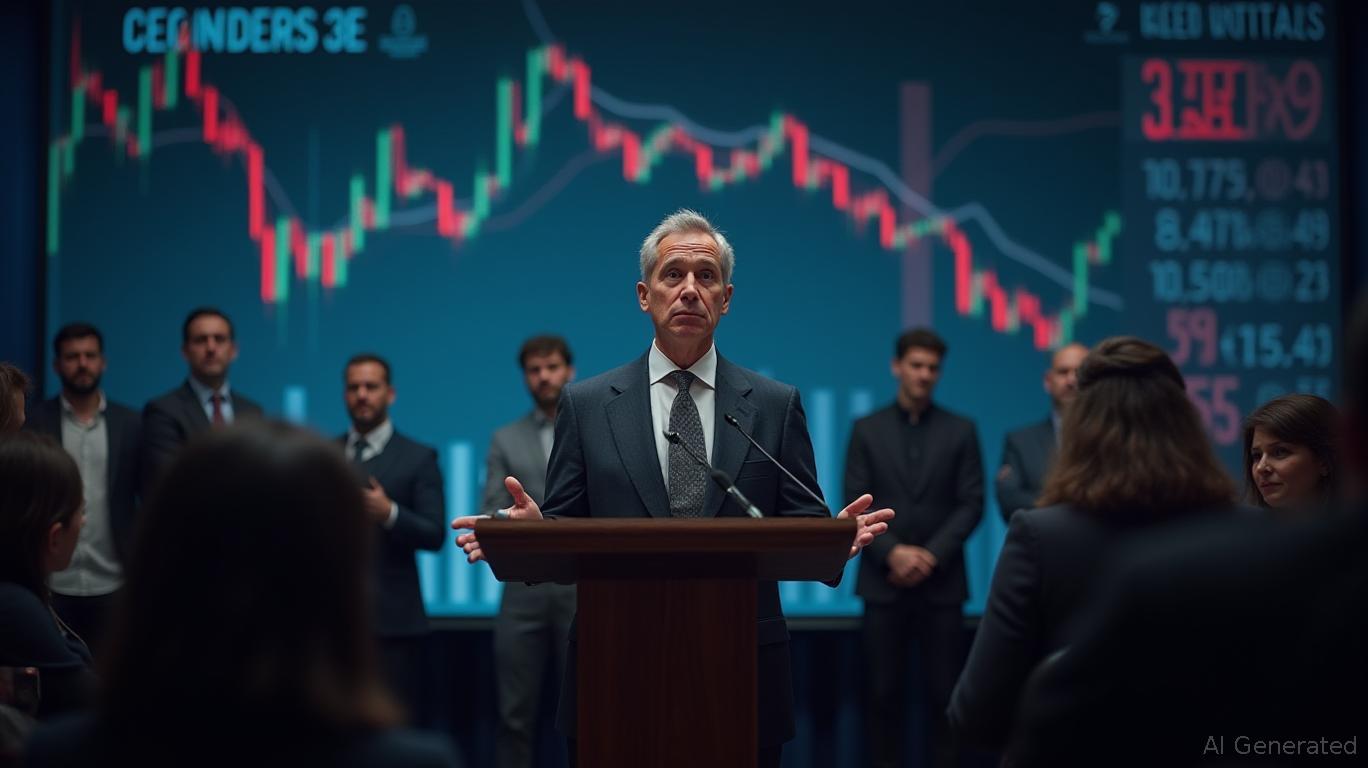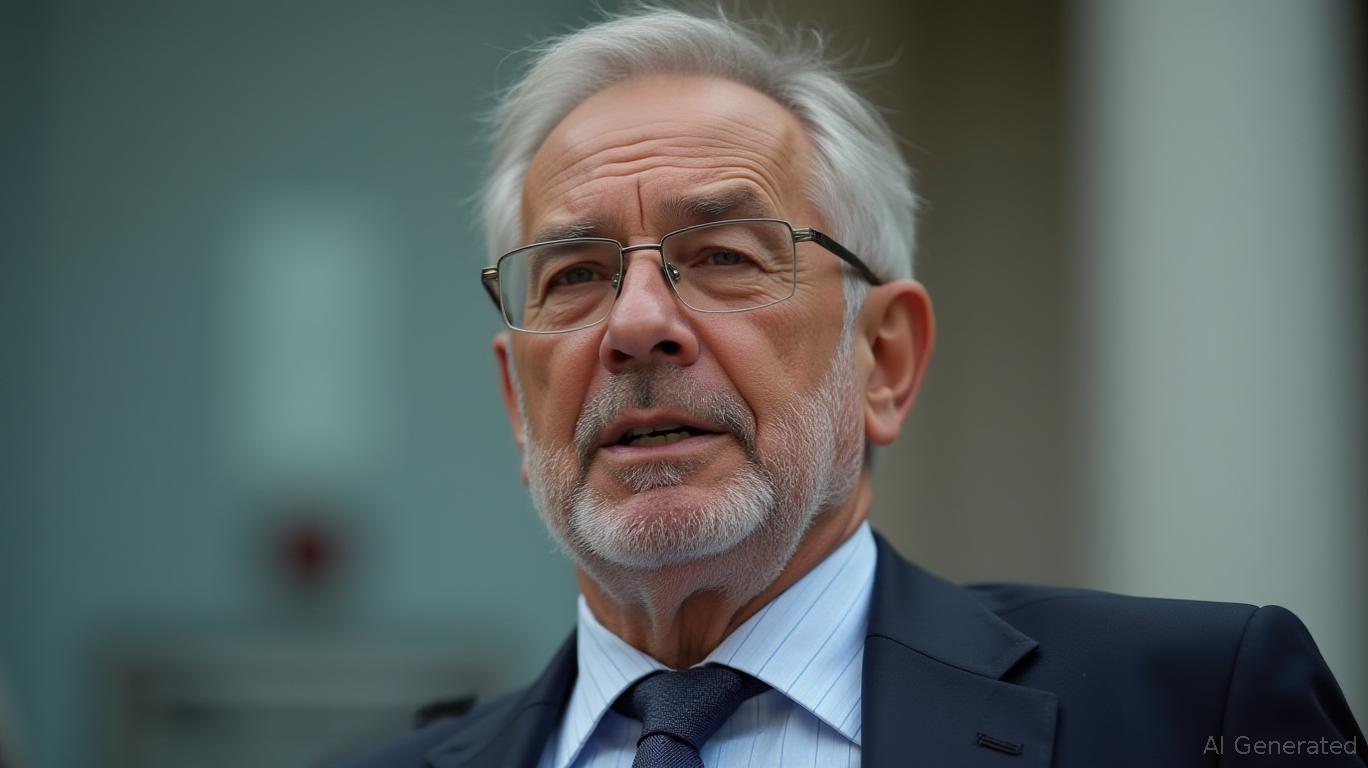U.S. and Japan Forge Shipbuilding Agreement to Challenge China’s Lead at Sea
Donald Trump’s forthcoming trip to Japan has sparked heightened strategic dialogue between Washington and Tokyo. Prime Minister Sanae Takaichi, the first woman to lead Japan, has made reinforcing the partnership with the United States her government’s chief objective. During a phone conversation with Trump on October 25, Takaichi reaffirmed this stance, saying both leaders agreed to “take the Japan-U.S. alliance to a higher level,” according to
Takaichi’s drive to deepen ties with the U.S. is highlighted by a new economic plan: a bilateral shipbuilding pact set to be formalized during Trump’s stay, according to

The defense relationship between the U.S. and Japan has also advanced notably. Takaichi revealed that Japan will dedicate 2% of its GDP to defense this year—two years ahead of the original timeline—aligning with Trump’s demands for greater military spending by allies, as reported by Minute Mirror. This announcement followed Takaichi’s meeting with Australian Prime Minister Anthony Albanese, where she stressed the importance of Japan and Australia “leading efforts” to maintain a free and open Indo-Pacific. Albanese agreed, highlighting Australia’s recent acquisition of Japanese Mogami-class frigates as evidence of the strengthening security partnership, according to SBS News. Despite these developments, the Quad has experienced tension during Trump’s tenure, with Takaichi’s comments subtly criticizing China’s assertive actions in the region.
These strategic moves are unfolding alongside broader U.S.-China trade negotiations. Talks in Malaysia between U.S. Treasury Secretary Scott Bessent and Chinese representatives reportedly resulted in a “framework” to prevent the imposition of 100% tariffs on Chinese imports, which triggered a surge in global markets, including cryptocurrencies. Although this agreement may temporarily ease trade friction, it does not address underlying challenges such as reliance on rare-earth materials. The U.S. and Japan are also working to diversify sources of critical minerals, with another memorandum expected to be signed during Trump’s visit, according to Yomiuri.
Takaichi’s tenure represents a turning point for Japan’s international strategy, balancing close cooperation with the U.S. and strengthening regional alliances. Her emphasis on defense, economic collaboration, and strategic independence signals a move toward more active engagement in a rapidly changing geopolitical environment, as noted by Minute Mirror. With Trump set to meet Chinese President Xi Jinping in South Korea, the results of their discussions are likely to influence the future direction of U.S. partnerships in Asia and the broader Indo-Pacific region.
Disclaimer: The content of this article solely reflects the author's opinion and does not represent the platform in any capacity. This article is not intended to serve as a reference for making investment decisions.
You may also like
U.S. Support or Political Move? Argentina's Risky Peso Strategies
- Argentina's Milei secures election win, strengthening austerity reforms aligned with U.S. priorities. - U.S. Treasury deploys $20B currency swap to stabilize peso, sparking election-timing debates. - Peso gains 0.1% amid market volatility, but 100%+ inflation and fiscal fragility persist. - U.S. seeks Argentina as Latin American counterweight to China, negotiating minerals/infrastructure deals. - Domestic tensions rise as opposition accuses U.S. of interference, while default risks remain unaddressed.

Bitcoin News Today: Massive Bitcoin Whale Short Causes $600M in Liquidations, Market Teeters on Uncertainty
- A $11B Bitcoin whale opened a $235M 10x leveraged short at $111,190, risking $2.6M in losses if BTC hits $112,368. - Volatile 24-hour swings triggered $600M in liquidations, with Bitcoin accounting for over half the losses as large investors face $6.95B in unrealized losses. - The whale's strategy—rotating $5B into ETH and re-entering BTC shorts—signals macro caution amid tariff concerns and U.S. government shutdown risks. - Analysts remain divided: some warn of a downtrend, while others view volatility

Bitcoin Updates: Bitcoin Silently Overtakes Conventional Safe-Haven Assets
- Bitcoin's price could surge to $160,000 by 2025 as institutional inflows grow, with 0.2% global asset reallocation injecting $94B into crypto, per Coinotag. - U.S.-China trade deal easing tariffs boosted crypto markets, with Bitcoin rising 1.8% to $68,500 amid renewed safe-haven demand. - MicroStrategy's $72B Bitcoin holdings and technical indicators like MVRV ratios signal institutional confidence in Bitcoin's long-term value proposition.

Bitcoin Updates: University of Tampa Introduces Bitcoin Course Mirroring Business Cryptocurrency Developments
- The University of Tampa will launch a Bitcoin course in 2025, reflecting academia's growing focus on cryptocurrency education. - Tesla's $1.315B Bitcoin holdings demonstrate corporate adoption, influencing academic programs on digital assets. - Ethereum's technical advancements and PayPal's PYUSD integration showcase blockchain's expanding financial applications. - Global collaborations, like Chiang Mai University's IBM partnership, underscore tech-driven education trends.
